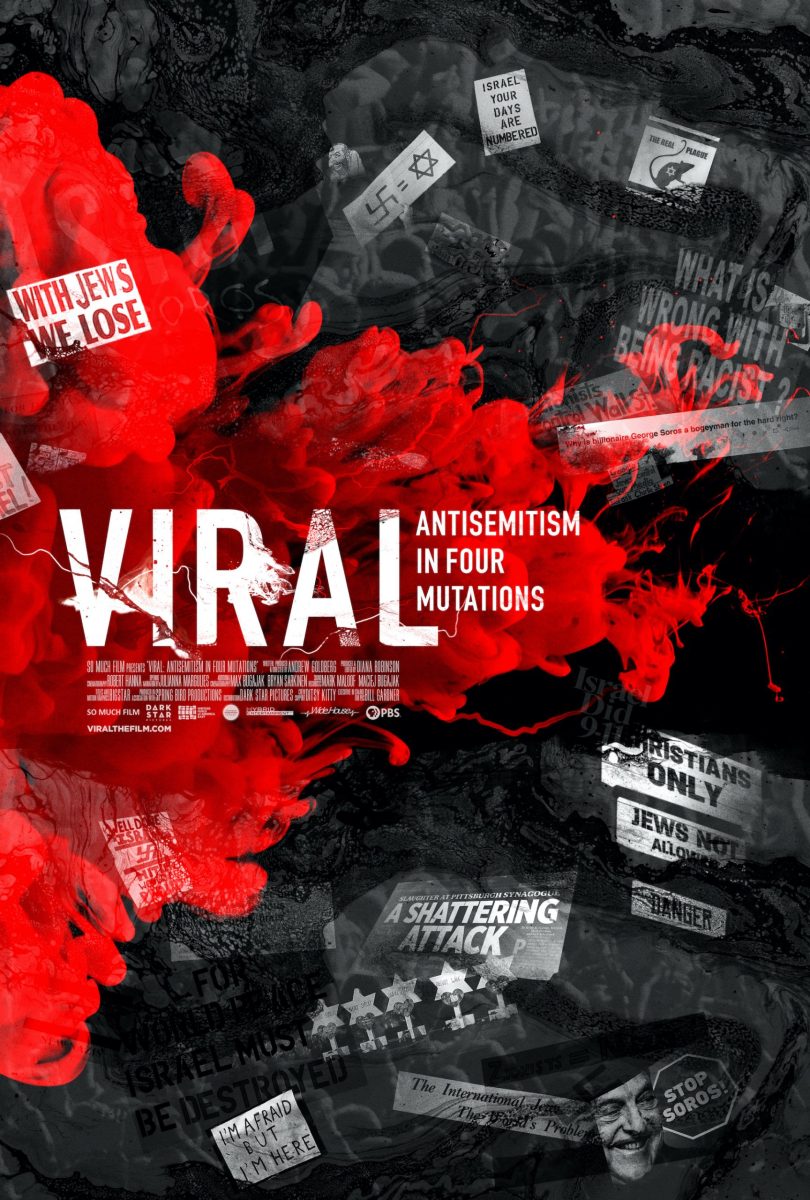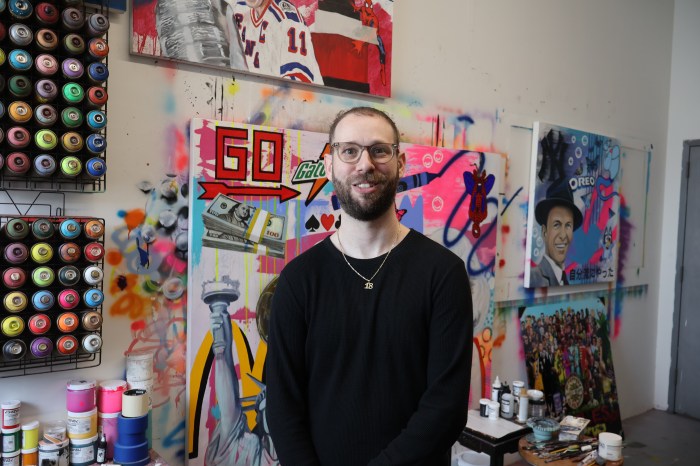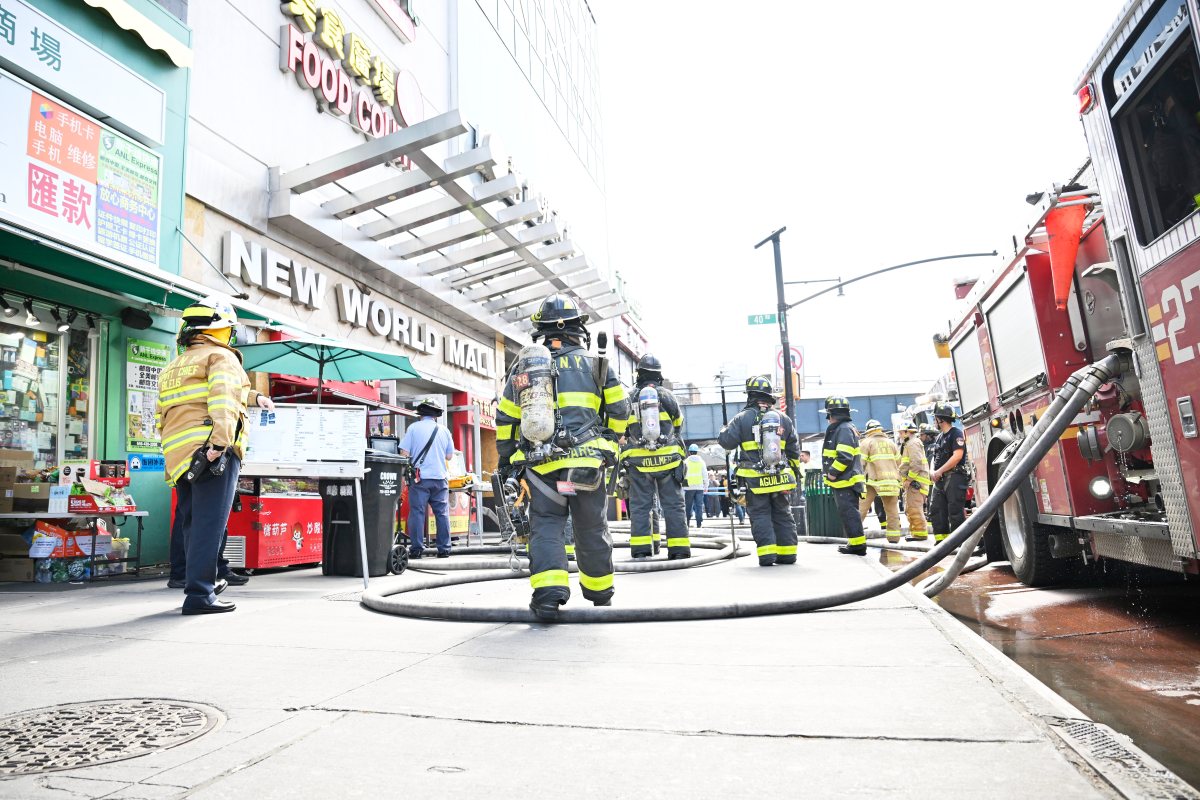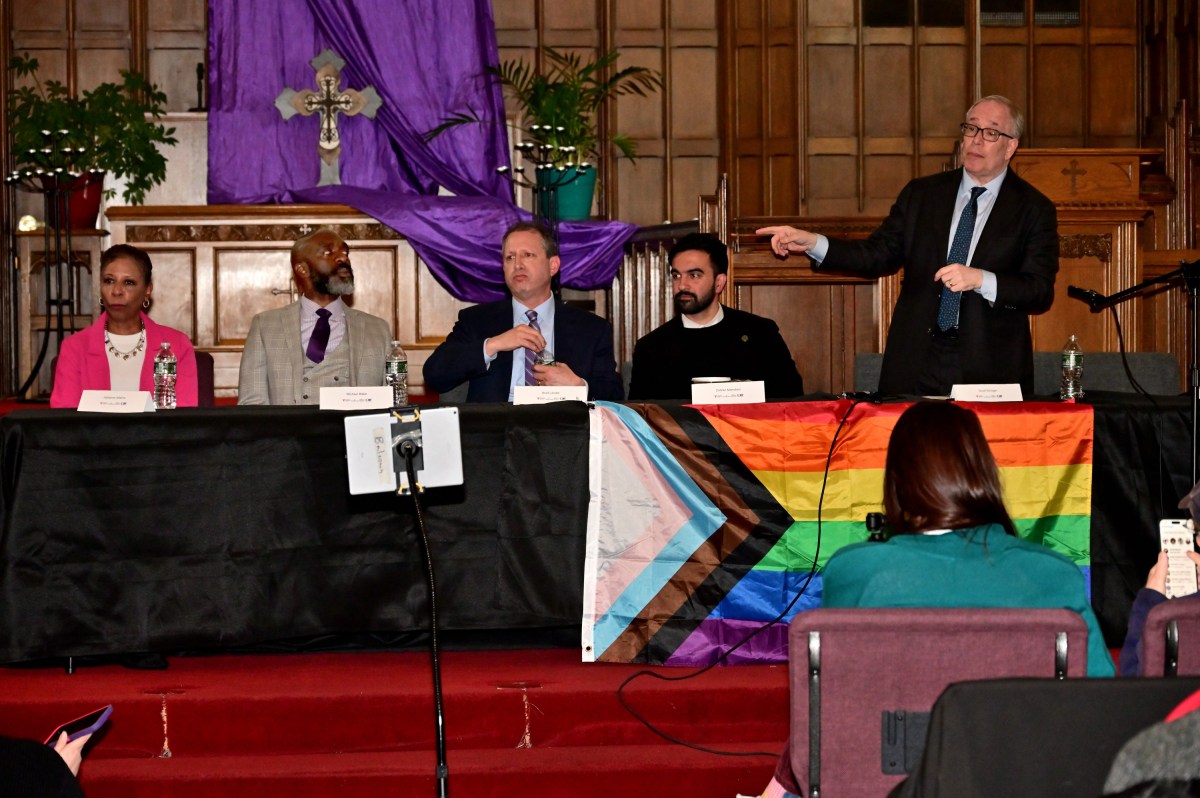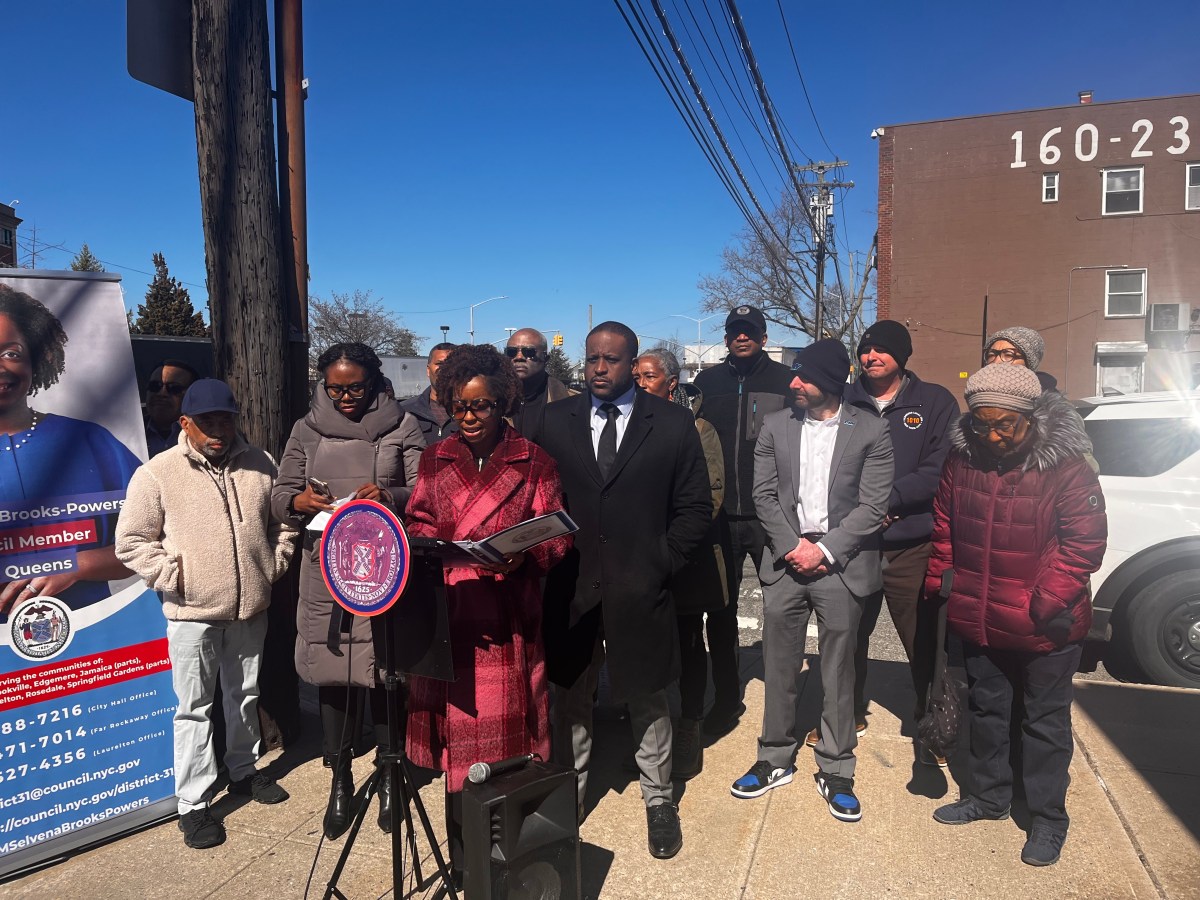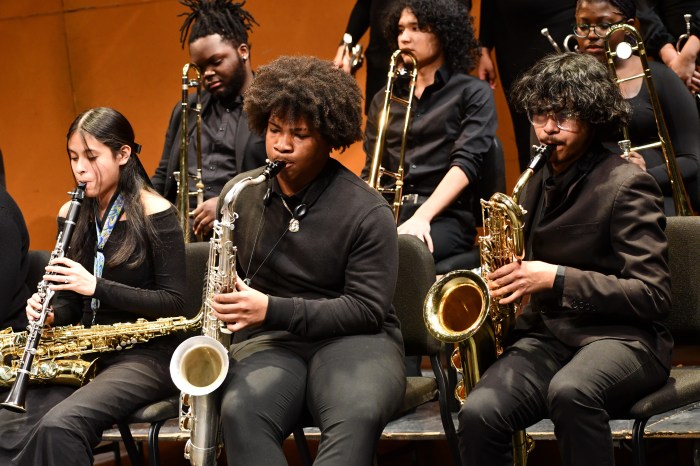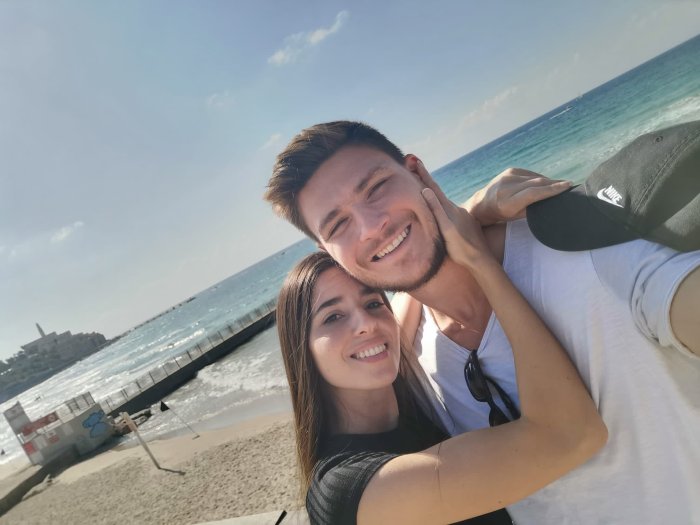A new documentary explores the rising rates of anti-Semitism in recent years, both in the U.S. and across the globe, comparing the hate to a virus that can have different forms and spread anywhere.
“Viral: Antisemitism In Four Mutations,” directed by filmmaker Andrew Goldberg, opens in New York City on Feb. 21 at Village East Cinema, 181-189 Second Ave.
The film opens with a narration by actress Julianna Margulies, saying that anti-Semitism started a long time ago, and is based on lies about Jews being evil, conspiring and enemies of God. “The lie evolved and spread like a virus, and still does,” Margulies says.
The first section focuses on the far right in America, including the 2018 shooting at the Tree of Life synagogue in Pittsburgh that killed 11 people. The film takes a quick look at the history of anti-Semitism in America, before discussing the recent rise of incidents since the 2016 presidential campaign and Donald Trump’s rise to power.
Survivors of the Tree of Life shooting are interviewed, and describe the horror of that day. A former white supremacist says that people frustrated with their lives can be the best targets for recruitment.
Former president Bill Clinton is also interviewed, noting that hate can spread on the internet and economic stagnation and a feeling of powerlessness can make people vulnerable to hateful ideologies. When a group is needed to be blamed, it often falls on the Jewish people, noted several people interviewed, including journalist Fareed Zakaria and commentator George Will.
The rise of Donald Trump and nationalism was important for the alt-right, who were previously in the distance and without encouragement, according to Jonathan Weisman, author of “(((Semitism))): Being Jewish in America in the Age of Trump.”
“They saw in the rise of American nationalism and in the rise of Donald trump a kindred spirit,” says Weisman in the film.
The film’s other sections look at anti-Semitism in Hungary, with the nationalist government waging a campaign of blame and hate against investor and philanthropist George Soros; the far left in the United Kingdom, where there were widespread charges of anti-Semitism in the Labour Party and its leader Jeremy Corbyn; and Islamic radicalism in France, which has a high rate of anti-Semitic incidents, including a shooting at a kosher supermarket in Paris in 2015 where four victims were killed.
Despite different circumstances in each location, director Andrew Goldberg said they all shared some common themes of conspiracies such as Jewish people being in power behind the scenes. “We had these four very specific examples where we felt it worked well, they’re so different yet they share so many of the same ideas,” Goldberg told amNewYork Metro.
Goldberg said that some of the anti-Semitic movements can seem like abstract ideas, but it had an impact when he went to Hungary and saw all of the signs against George Soros and the extent of the propaganda campaign against him. “You realize how enormous it is,” Goldberg said. “That was really eye-opening for us.”
He said the situation in France, including the supermarket shooting, was “entirely heartbreaking,” and that everyone in the crew was upset during the interview with Valerie Braham, who walked through the ongoing pain of her husband Philippe Braham being killed in the supermarket attack. “That was a very emotional interview,” Goldberg said.
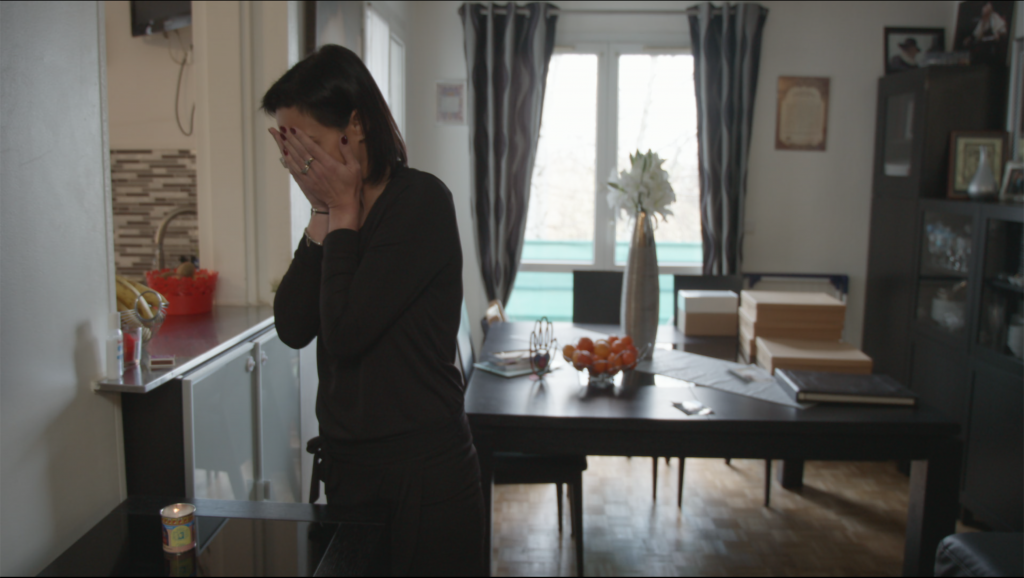
In terms of the global waves of anti-Semitism, Goldberg said, “It has to get worse before it gets better.”
He said he was asked if he would include recent waves of anti-Semitic attacks in New York City, where he lives, but the film had already been completed. “That’s another example of the mutation of this virus,” Goldberg said, and added that the film could have included 400 mutations but chose to focus on four.
When first putting the film together, Goldberg said he thought that ideas might emerge about how to combat the rise of anti-Semitism, but he quickly realized, “that’s beyond our capabilities to come up with something usable,” he said. “We like to think an informed population is the best first step.”
More information about the documentary can be found at viralthefilm.com.



